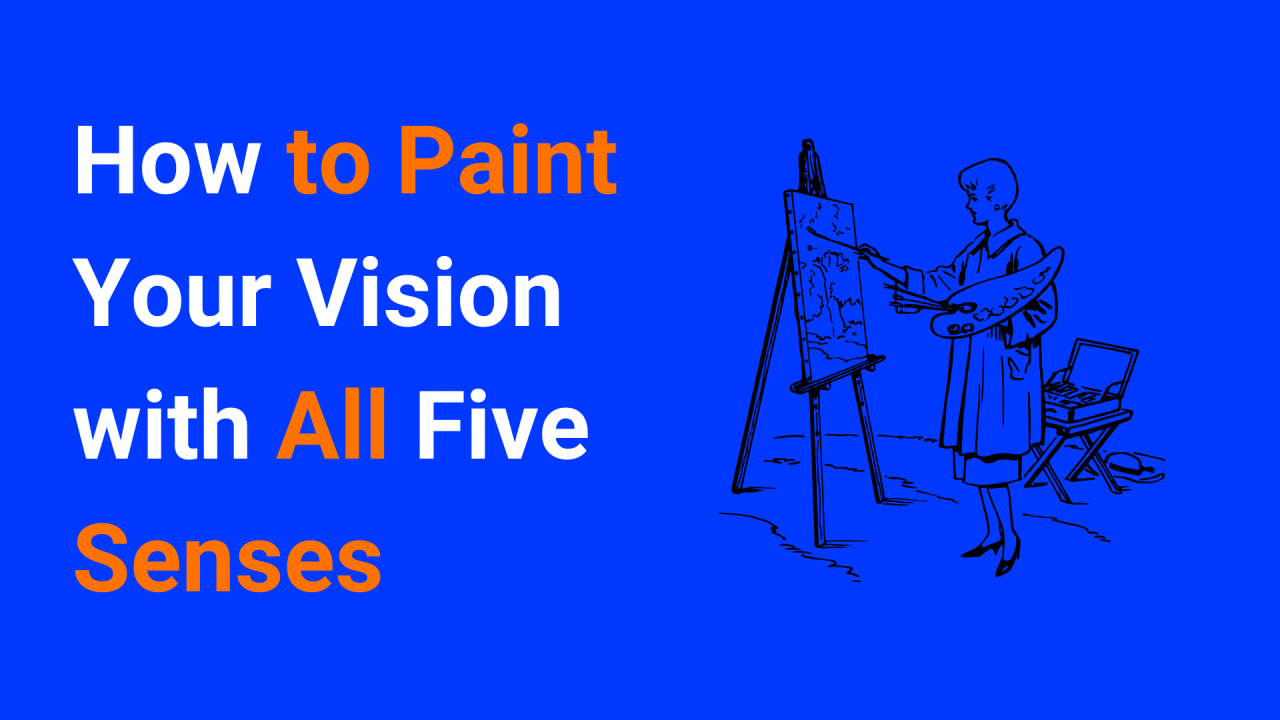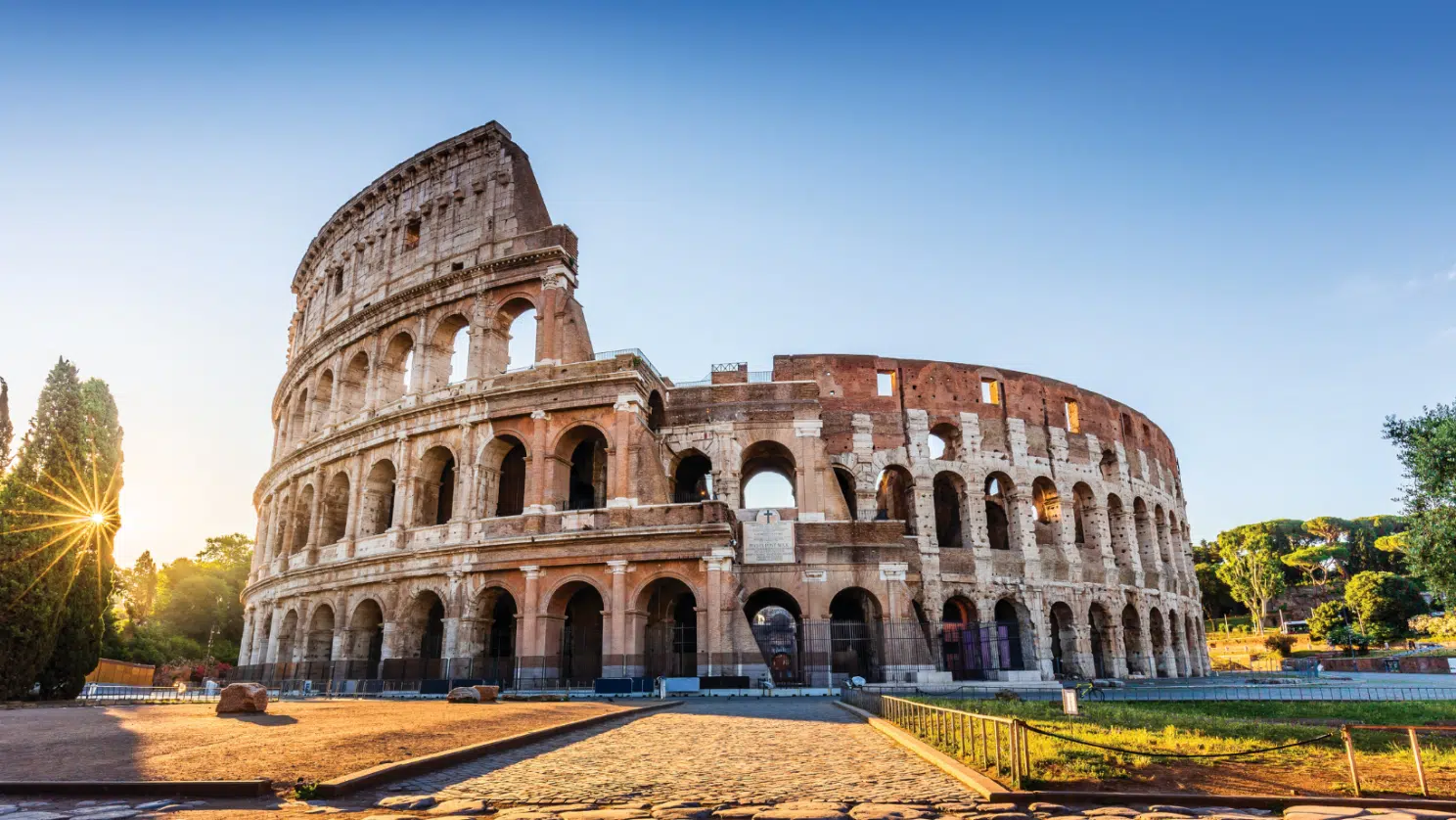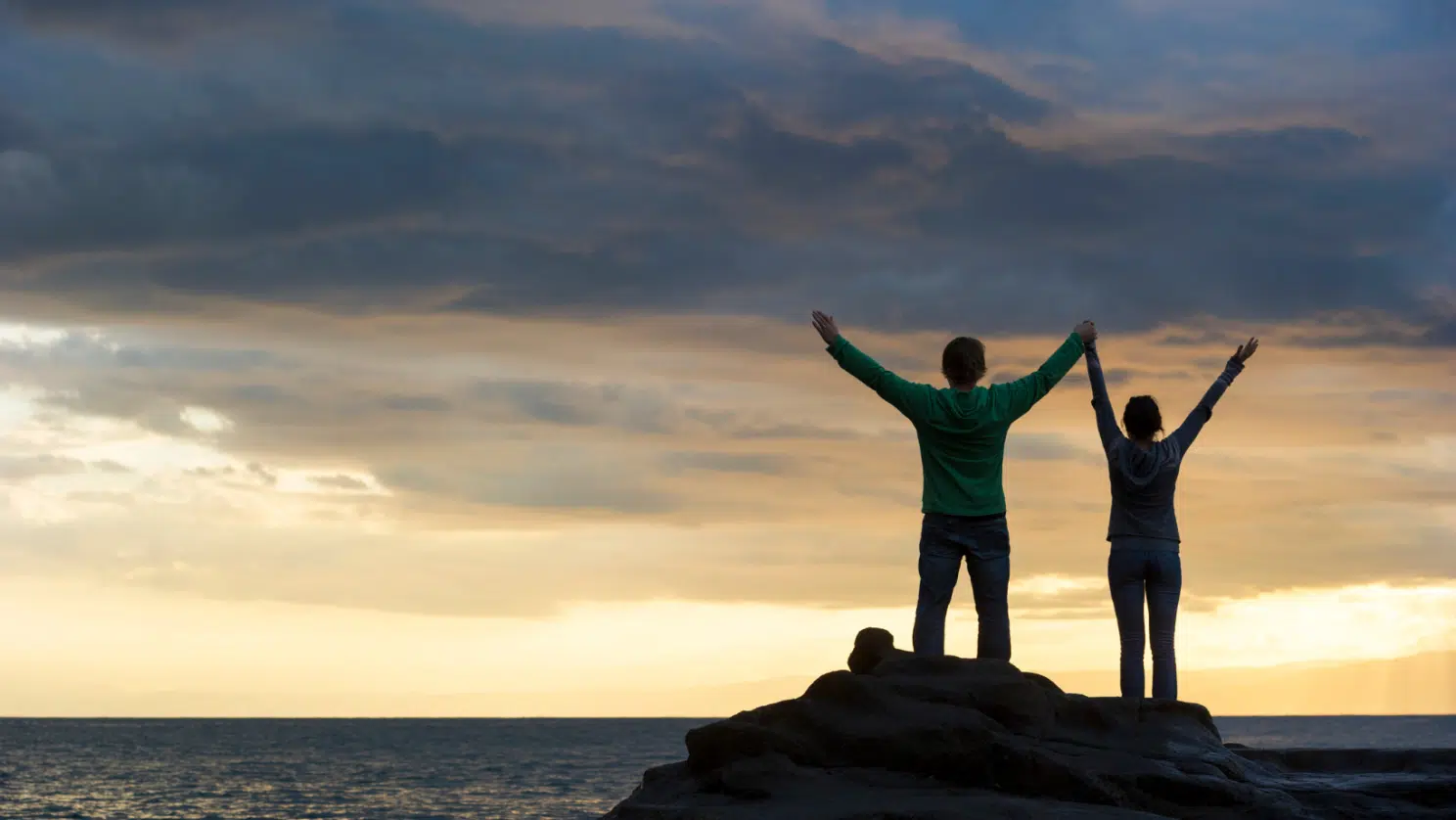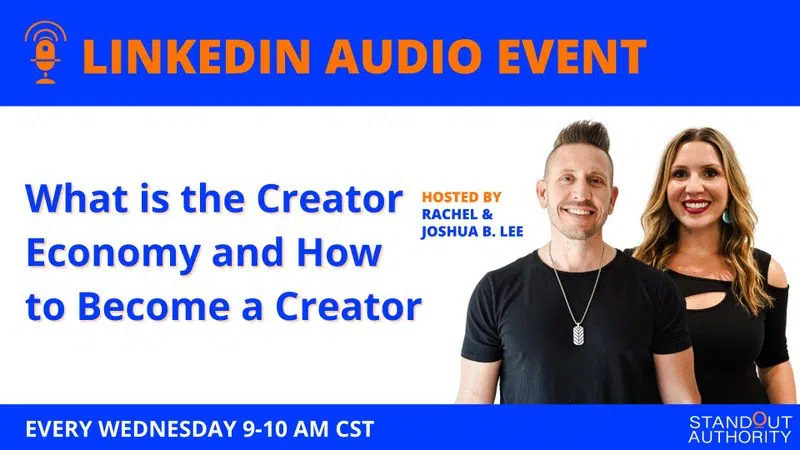
Visual thinkers get highly descriptive and vivid with their word paintings. The late Stephen Covey, author of The Seven Habits of Highly Effective People, talks about emotional word pictures.
An untrained visualizer might say, “I have a big beach house.” This is basic, but certainly not powerful. Instead, a person with well-honed visualization skills will say, “I have a 10-bedroom, 13-bathroom, 12,000-square-foot palace overlooking a lush valley, with a delightful, aromatic sea breeze wafting in off the clear, blue water. I hear the gentle lapping of the waves caressing the beach, and then receding again into the deep. My home has clear, UV-ray-blocking vampire glass all around it. The bright natural light pours in. It is so spectacular. I can feel the radiant, yellow sun warming my face…”
Which of those visions are you more likely to keep pursuing, despite rejection and failure?

These are dramatic variations in how you visualize. Being surrounded by color and other “food for the senses” does not guarantee anyone’s perception, let alone appreciation, of them. Likewise, blindness in the body’s eyes does not necessarily equate to blindness in the mind’s eye or in the spirit. If it did, we would never know the transcendence of imagination composed by Stevie Wonder, or the fearless contemplation of life’s possibilities poetically expounded by Helen Keller. Consider, as well, that one of the greatest musical compositions in history, “Ode to Joy,” was the opus…of a deaf man. That is what I mean about visualization. It is my intention to inspire in you the full and directed use of all your senses—so much so that if one or more sense is missing, your vision remains intact and completely accessible.
People are grouped into one of three dominant senses:
- Visual (sight dominant)
- Auditory (hearing dominant)
- Kinesthetic (feeling dominant)
Let’s take a little trip. Where would you like to go? Italy? The Caribbean? The moon? Start by visualizing yourself there. Be specific and describe the location as vividly as possible. Use all of your five senses. See if you can project yourself into that spot. Focus exclusively on it. Don’t forget your sense of smell. Describe this mental trip in greater detail, or at least at the level of detail, we did earlier in the 10-bedroom, 13- bathroom example.

On this “trip,” do you see yourself fit and skinny? How does your body feel from the inside out? What do you smell? If you are outside by the pool, you may smell coconut suntan lotion or a hint of chlorine. Perhaps you are on the beach and you smell the brine in the air. Engaging all five of your senses allows you to enter into a relationship with the vision you want so it can become reality. This process allows you to see up close instead of from a distance.
No matter which of your senses is dominant, visualization of vivid details, using your other senses is very important and gives you the highest chance of achieving your greater vision. Intentional, purposeful details provide clarity, and clarity is foundational to the motivation necessary to persist through setbacks. When you can hear the glorious trumpet of your victory sound, you will keep going. When you can project the feeling of gratification from accomplishment, you will be far more likely to persevere.

Engage all your senses to project your vision of the future into your own mind today. The more powerful your sensory experience, the faster and more simply your body and behavior will charge toward your desired outcome. Your senses provide you important insights so you can get all you deserve coming directly to you.
Mark Your Calendars
What is the creator economy?!
It’s defined as the class of businesses built by independent content creators, curators, and community builders including social media influencers, bloggers, and videographers, plus the software and finance tools designed to help them with growth and monetization.
More than 50 million people around the world consider themselves creators, despite the creator economy only being born a decade ago.
It’s become the fastest-growing type of small business, and a survey found that more American kids want to be a YouTube star (29%) than an astronaut (11%) when they grow up.
The creator economy has seen a record $1.3B in funding in 2021 alone. So whether you’re a creator seeking help, a founder identifying opportunities, or an investor looking for the next rocketship, this #linkedinaudioevent will give you both a broad and deep view of the creator ecosystem.
To help understand the creator economy and the opportunities it unlocks, Joshua and Rachel will dig into:
???? What is the creator economy?
???? How to become a creator
???? The creator economy value chain and opportunities
???? The creator economy market map
???? How large is the creator economy
???? The biggest creator opportunities and the most active platforms
And of course……What’s next?
Join us on Wednesdays at 9am CST ????
